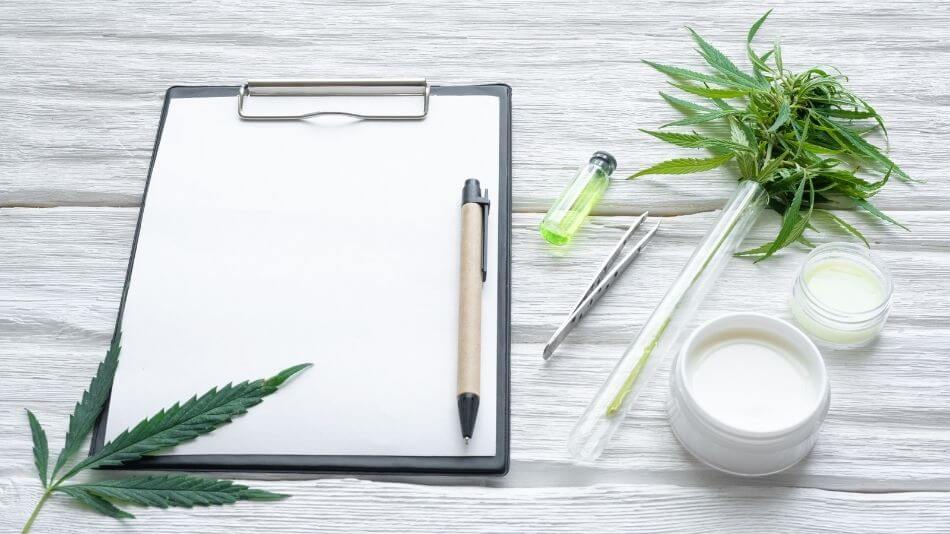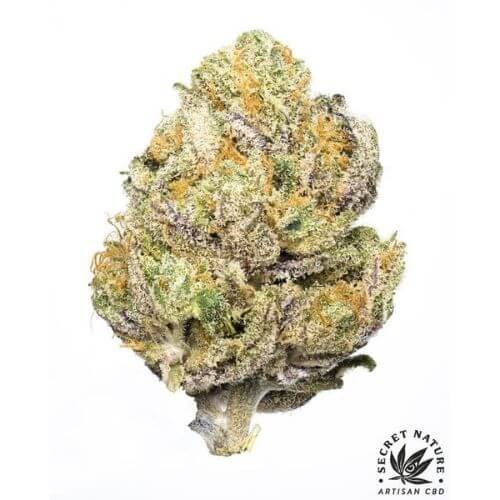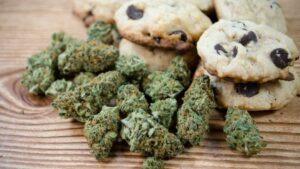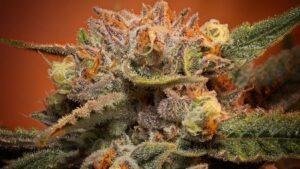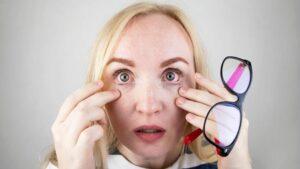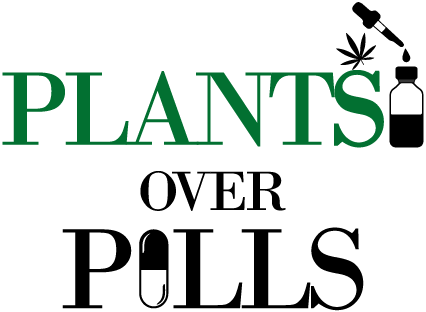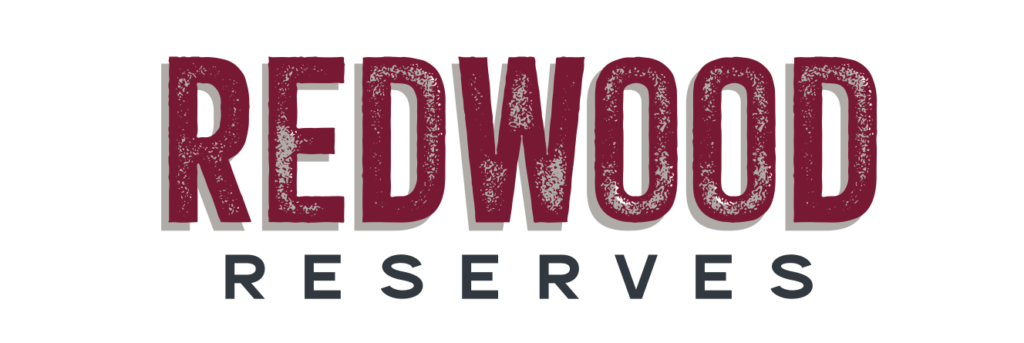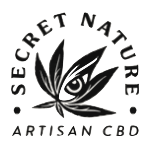Delta-8 is often referred to as a legal alternative for delta-9 THC, the cannabinoid responsible for psychoactivity, but such a claim is far from the truth.
CBD flower may contain trace amounts of delta-8 THC as well as delta-9 THC, but to be legally grown and sold in the U.S., the presence of these compounds must be minor. Legal limits (0.3% THC or less) ensure that even CBD flower with delta-8 won’t produce psychoactive effects.
Some untrustworthy sellers may make an effort to extract delta-8 and add significant amounts to CBD products in order to create a psychoactive experience for users without legal repercussions. This strategy, though, ignores the fact that delta-8 is actually considered a controlled substance and, as a result, creates risk for sellers and users alike.
Pros:





Cons:
✖️Popular Strains Sell Out Quickly Due to High Demand
What is Delta-8?
Delta-8-tetrahydrocannabinol, also known as delta-8 THC or simply delta-8, is a compound found in cannabis plants. Delta-8 is chemically very similar to delta-9-tetrahydrocannabinol, or delta-9 THC, which is the main cannabinoid responsible for creating a psychoactive high.
Delta-9 THC is what we’re referring to when we generally speak about THC, but delta-8 THC isn’t far off. Delta-8 produces many of the same effects delta-9 THC does – euphoria, sedation, etc. – but at a much lower potency.
Both delta-8 and delta-9 are forms of THC. The two can be thought of almost like siblings; though both come from the same roots and despite their similarities, they have key differences.
Molecular differences (the presence of certain bonds) mean that delta-8 and delta-9 THC bind to the endocannabinoid system in different ways.
The endocannabinoid system (ECS) is a complex network that exists throughout the body and works to regulate immune, digestive, nervous, and other processes. Because delta-8 binds to the ECS differently than delta-9 THC, it produces less powerful effects.
Ingesting delta-8 THC can make a user “high,” though generally to a lesser extent than delta-9 THC would. Because delta-8 is so similar to delta-9 THC, it’s risen in popularity and is often targeted as a potentially legal way to incorporate psychoactive characteristics into CBD products.
Delta-8 can be derived from both hemp and marijuana plants. Hemp and marijuana are both forms of the cannabis plant, but hemp contains very little to no delta-9 THC (0.3% or less by weight, according to federal restrictions).
The legality of hemp and hemp-derived cannabinoids, including CBD, leads many to believe that delta-8 is more accessible and less problematic than delta-9 THC. Delta-8 may be easier to come across, but many states still outlaw its production and use.
Even if delta-8 comes from hemp plants rather than marijuana plants, it is still considered psychoactive and impairing. Though it’s not delta-9, it is still THC, meaning it’s still subject to regulations and bans.
Clearly, legal discussions surrounding delta-8 are murky at best. Many states lack formal language addressing delta-8 even in existing cannabis legislation, and federal regulations for legal hemp fail to include information about delta-8.
Hemp, according to the 2018 Farm Bill passed by the U.S. government, has a delta-9 THC content of 0.3% or less by weight. This definition does not mention delta-8 THC, meaning that technically speaking, hemp can contain higher levels of the substance without breaking any laws.
As a result, delta-8 THC or products containing it are often sold in places where marijuana is still illegal. However, some state laws do take more definitive action to outlaw delta-8 specifically, and more recent efforts to classify delta-8 as a controlled substance means that things will likely become even more restrictive.
Is Delta-8 a synthetic cannabinoid?
No, delta-8 is not a synthetic cannabinoid. Instead, it’s an organically-occuring cannabinoid, meaning it is naturally grown and found in cannabis plants without human intervention.
Synthetic cannabinoids are not natural. These types of cannabinoids are produced by humans, often in a lab setting, and designed to mimic organic cannabinoids like THC.
Synthetic cannabinoids are still called “cannabinoids” despite their artificial roots because they interact with the endocannabinoid system in the body. The endocannabinoid system helps control nervous system and immune processes, among others, so substances that can bind to and interact with it create physical and psychological effects for a user.
Though synthetic cannabinoids may look and act like cannabinoids in many ways, the two aren’t the same thing. Synthetic options (like “K2” or “spice”) aren’t regulated and can contain dangerous additives; because they’re illegal, it can be hard to determine exactly what’s in the synthetic cannabinoids you put into your body.
In addition, synthetic cannabinoids have a high potential for abuse. They tend to produce effects that are more intense than those associated with naturally-occurring cannabinoids and can create a physical addiction that makes it hard for users to stop.
Synthetic cannabinoids meant to mimic delta-8 may exist, but delta-8 itself is not synthetic. It’s best to avoid synthetic cannabinoids at all costs due to their risky, addictive nature and potential for serious harm.
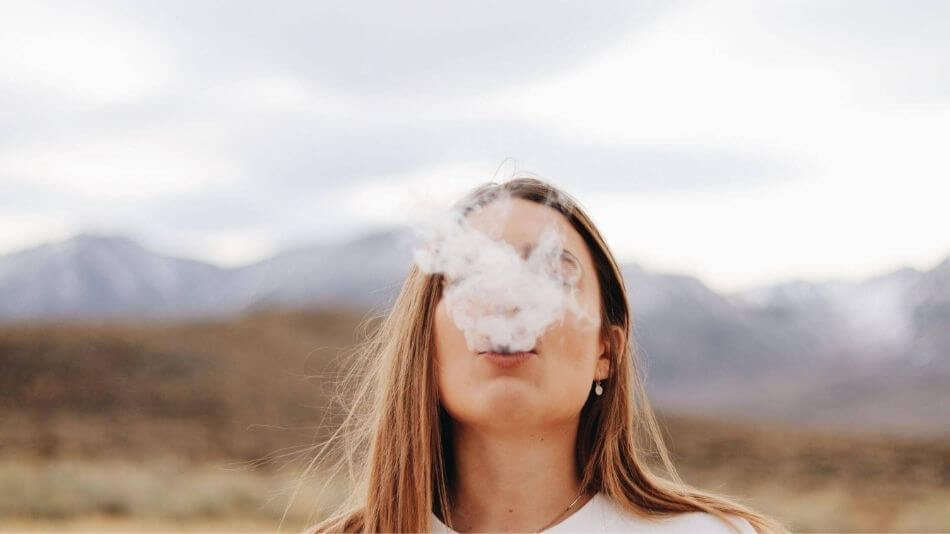
Is Delta-8 a controlled substance?
According to the Drug Enforcement Agency (DEA) in the U.S., all synthetically-derived tetrahydrocannabinols are considered schedule I controlled substances, including delta-8.
The DEA’s definition of “synthetically-derived tetrahydrocannabinols” is really what determines the legality of delta-8. Based on the DEA’s general hard stance on cannabis in general, it’s relatively safe to assume that delta-8 that’s been chemically derived from both hemp and marijuana could fall under this umbrella and be classified as schedule I controlled substances.
Schedule I controlled substances are those that have no approved medical use, and delta-9 THC has fallen under this classification for a long time. Until August 2020, though, there was little language considering delta-8 or explicitly stating its legality.
The DEA released its Interim Final Rule in 2020 with the intention to redefine the difference between hemp and marijuana. This IFR also made an effort to include delta-8 in its language (as well as any other similar compounds that may arise) because delta-8 is psychoactive and has some potential for abuse and impairment.
This change was not necessarily embraced by the cannabis community, especially not by sellers who had been profiting off of the ambiguous language of the past. Though the IFR is not yet final and has faced some degree of backlash, it seems to suggest that the federal government is making a genuine attempt to reconsider delta-8.
What are the benefits of Delta-8?
The benefits of delta-8 THC closely mimic the benefits of delta-9 THC, including euphoria, sedation, relief from pain and inflammation, lessened anxiety, and more.
The effects of delta-8 are often less intense than those that come from delta-9 THC, which makes it a more palatable option for beginners or those looking to use THC during the day.
Delta-8 is often marketed as a safer or legal alternative to delta-9 THC, but this generalization is far from the truth. Acting as a legal loophole is not a legitimate benefit of delta-8, particularly because the legality of the compound itself is questionable.
What is a Delta-8 flower?
A delta-8 flower is a cannabis flower or bud that contains a noteworthy amount of delta-8 THC. Delta-8 THC is generally found in fairly low levels in both hemp and marijuana, but some sellers may take steps to increase the levels of delta-8 in their product to market it as “delta-8 flower.”
Most delta-8 flower on the market is hemp rather than marijuana. That means that it contains very little to no delta-9 THC. Sellers who attempt to extract delta-8 or create more concentrated products may market them as such, but true “delta-8 flower” doesn’t necessarily exist naturally.
This type of flower still mimics regular hemp or marijuana, but users who smoke it are likely chasing a psychoactive high rather than healing, therapeutic properties.
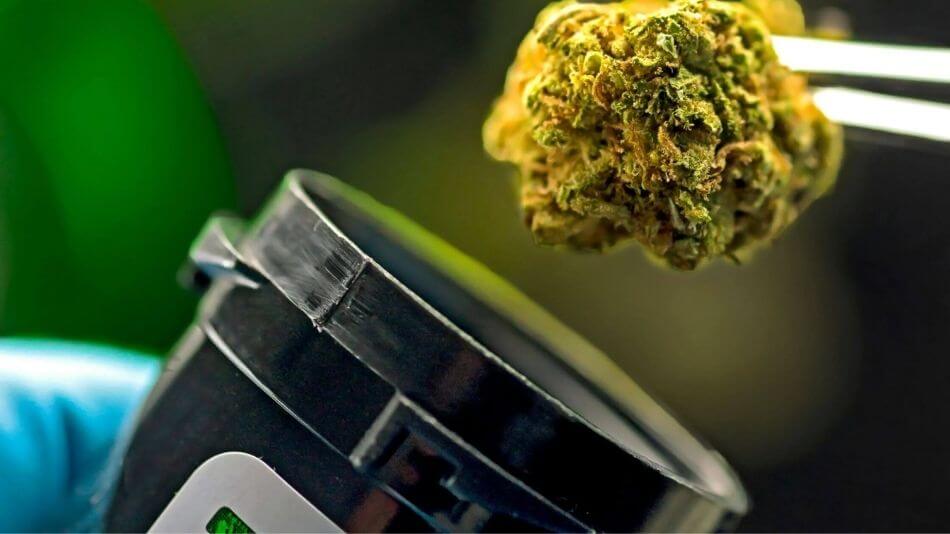
CBD Flower vs Delta-8 Flower
CBD hemp flower is simply hemp flower that contains enough CBD to produce effects. Many cannabis plants have CBD in them, but because hemp lacks THC, CBD is the main active cannabinoid within it.
Delta-8 flower, or flower that contains actual levels of delta-8 THC, may have CBD in it and vice versa. However, hemp flower legally sold in the U.S. has such small amounts of delta-8 (if any at all) that it can not produce psychoactive effects.
What you come across when looking for “CBD flower” specifically should not contain significant levels of delta-8 nor delta-9 THC, unless you’re purchasing products through a medical marijuana program.
CBD hemp flower helps manage inflammation and chronic pain, tackle anxiety, and promote relaxation. CBD flower will not get you high, as CBD itself is not a psychoactive cannabinoid.
While CBD flower is legal federally, flower containing delta-8 at high levels is not. Unless you specifically seek out delta-8 flower, you should have nothing to worry about when purchasing CBD products; by law, they must steer clear of these sorts of substances.
Conclusion
CBD flower may contain very trace amounts of delta-8 THC just as it does with delta-9 THC, but CBD hemp flower is still legal and safe to use.
Delta-8 is often touted as an alternative to delta-9 THC because it essentially gets the same job done while potentially avoiding legal restrictions. Still, recent efforts by the federal government and drug enforcement agencies suggest that any existing loopholes will soon be sealed.
It’s best to avoid delta-8 products in general; the legal gray area means it’s hard to know what consequences you might face if caught with it. Delta-8 products are also not regulated, meaning they may have additional additives or properties that make them unsafe to consume.
You don’t need delta-8 or delta-9 THC to reap the benefits that cannabis has to offer, though. CBD products of all kinds – many of which can be found in our directory here – can provide the therapeutic benefits you’re after without treading into questionable territory.
